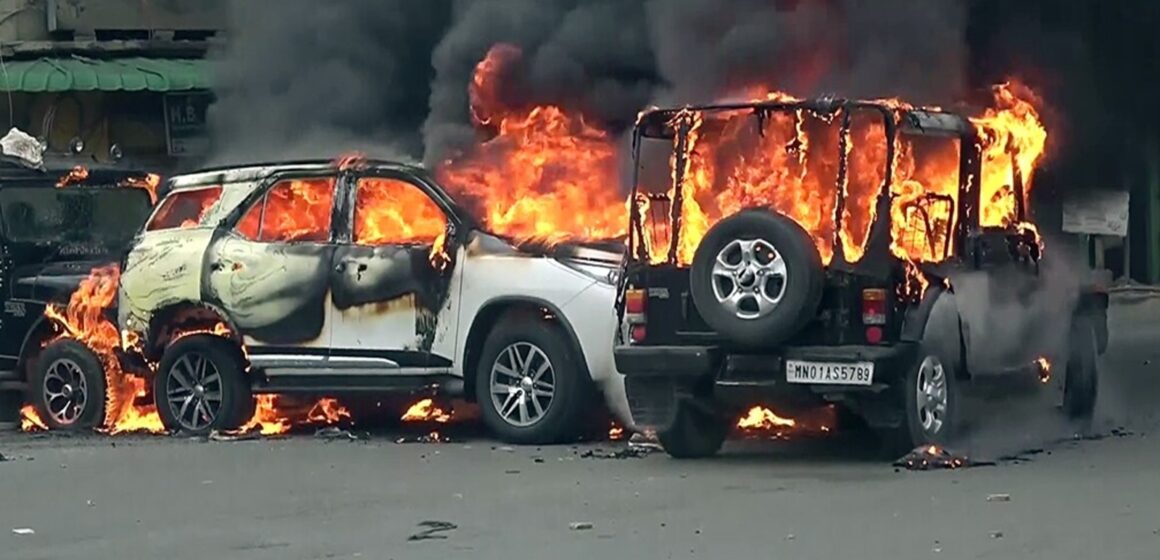The recent ambush in Manipur’s Jiribam district has once again thrust the region into the spotlight, highlighting ongoing challenges of security and stability in India’s northeastern states. On a fateful day, a joint team of Central Reserve Police Force (CRPF) and Manipur police personnel fell victim to an attack by suspected Kuki militants, resulting in the tragic death of a CRPF member and injuries to two Manipur police personnel. This incident, occurring amid simmering tensions since June 6, 2024, underscores the intricate interplay of ethnic dynamics, insurgency movements, and socio-political grievances in Manipur.
Contextualizing the Ambush
Located approximately six kilometers from Jiribam town, the ambush targeted security forces engaged in a search operation following an earlier exchange of fire with suspected militants. The area had been tense following reports of violence and arson earlier in the year, indicating underlying unrest exacerbated by ethnic and political tensions. The involvement of suspected Kuki militants highlights deep-rooted issues of identity, autonomy, and territorial control that have historically fueled conflict in Manipur.
Socio-Political Dynamics and Ethnic Strife
Manipur’s socio-political landscape is marked by a diverse ethnic composition, including communities like the Kuki, Naga, and Meitei, each with distinct cultural identities and historical grievances. The Kuki community, in particular, has been associated with armed groups advocating for greater political recognition and autonomy within Manipur. The ambush in Jiribam underscores the complex intersection of these ethnic dynamics with broader security challenges faced by the region.
Government Response and Security Measures
In response to the escalating violence, the Manipur government has condemned the ambush and pledged to bolster security measures to apprehend the perpetrators. Joint operations between central and state security forces signify a coordinated effort to restore law and order in affected areas. However, addressing the underlying socio-economic grievances that perpetuate insurgency and armed conflict remains a critical challenge for sustainable peace in Manipur.
Impact on Civilian Population and Regional Stability
The repercussions of such incidents extend beyond security forces to impact civilian life, economic activities, and social cohesion in Manipur. Local communities often bear the brunt of violence, facing disruptions in daily routines and access to essential services. The cyclical nature of conflict and insecurity hampers efforts towards development and stability, perpetuating a cycle of violence that undermines peace-building initiatives in the region.
Path Forward: Toward Sustainable Peace and Development
Achieving lasting peace in Manipur requires a holistic approach that combines effective security measures with inclusive dialogue and socio-economic development. Engaging with community leaders, civil society organizations, and political stakeholders is crucial in addressing grievances and building trust among diverse ethnic groups. Investments in education, infrastructure, and livelihood opportunities can mitigate the root causes of conflict and promote a shared vision of prosperity for all residents of Manipur.
The ambush in Jiribam serves as a poignant reminder of the complex challenges confronting Manipur in its quest for peace and stability. The incident underscores the urgent need for comprehensive strategies that prioritize security while addressing the socio-economic and political dimensions of conflict. By fostering inclusive dialogue and sustainable development, Manipur can pave the way toward a future where peace prevails and all communities thrive.

